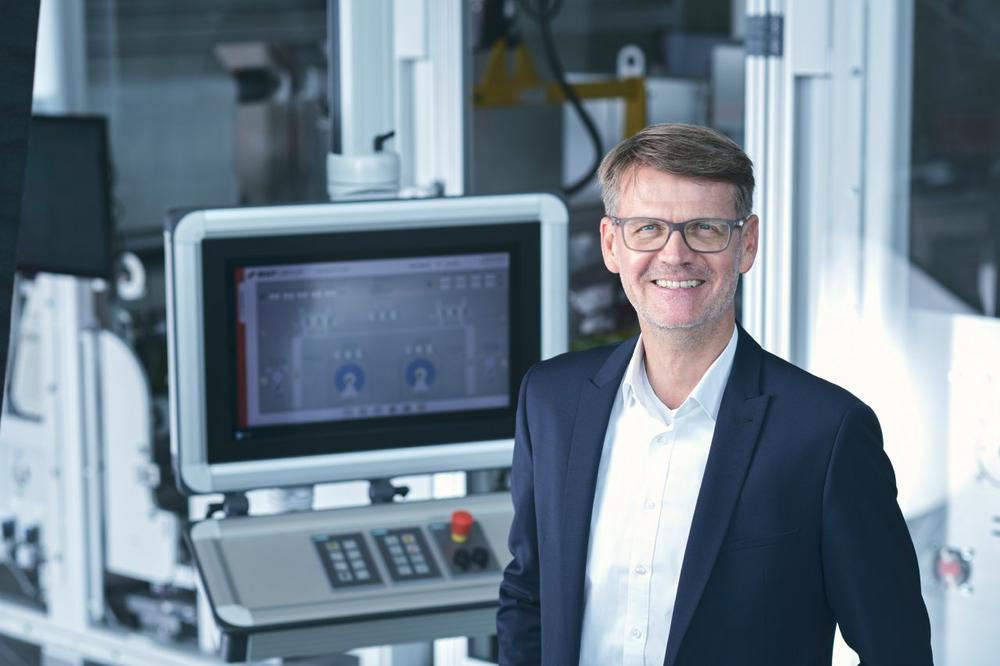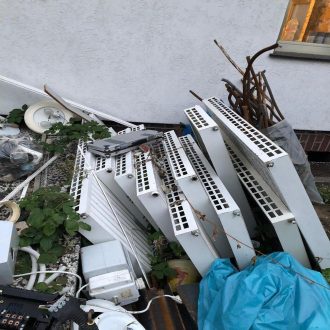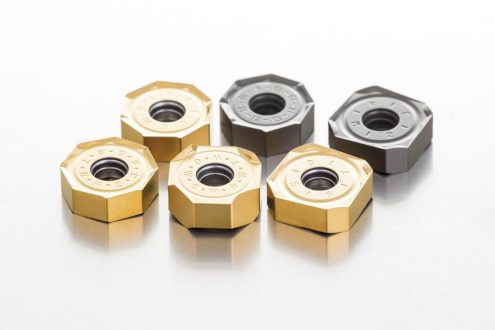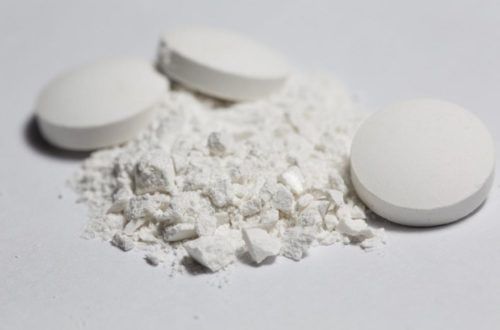
“Our solutions optimize quality assurance – efficiently and sustainably”
Mr. Westphal, what BST solution are your customers especially interested in?
The answer is without a doubt SMARTData, our contribution to the digitized optimization of inspection processes. SMARTData enables the collection, analysis and processing of quality-related data across all processes. The generated quality data is mutually compatible, allowing a multi-system, connected approach to quality.
What benefits does SMARTData provide for quality management?
On the one hand, you get documentation of any kind of quality data for all processes. And on the other hand, thanks to the location-specific data allocation, rejects can be detected at an early stage and surgically removed from the production line, which provides extreme optimization of production efficiency. As a result, subsequent production processes are supplied with nothing but flawless materials, thus laying the groundwork for top product quality across the board – a major factor for reducing overall equipment costs. SMARTData optimizes processes and plays an important role in the predictive maintenance of machines and components.
What sort of changes have there been in the requirements that your product solutions are expected to meet, and how is BST responding to those with its new products?
Like everyone else, companies from the synthetics and rubber industry are having to adjust to the overall external conditions, which are in some cases challenging. As a result of the COVID-19 pandemic, for example, the shortage of skilled workers became even more noticeable. So it is very important that machines be easy to operate. No lengthy training or deep technical know-how is needed for our product solutions. They are intuitive to operate and easily integrated into all of the common machines. At many companies, supply chains have also become more uncertain. So it is important to take the production material that you do have and use it as efficiently as possible. With our solutions, there is less scrap. So customers are saving not just material but energy as well, which is another increasingly important factor against the backdrop of the current energy crisis.
How is your company responding to the current challenges for global supply chains?
Originally, our production operations were located in Bielefeld, and we shipped our products worldwide. Today, we are using our global production setup, and we are very proud of it. It makes us more independent of the uncertainties arising from global challenges while at the same time increasing efficiency and reducing costs. The decentralization of production also leads to shorter delivery distances and therefore fewer CO2 emissions.
In addition to digitization, sustainability is one of the key issues of the future in the industry. How do BST solutions help customers achieve more resource-efficient production?
Every system that we develop and produce for our customers makes a lasting contribution to the optimization of the value chain and makes production itself more sustainable: it reduces scrap and makes it easy to see defects right away, so that they can be fixed quickly. Our technologies essentially aim to prevent waste: we want to not only signal savings potential but also ensure that waste is either not created in the first place or else is reusable with proper sorting. For that purpose, for example, there is the coding of synthetic materials, and that can be identified by our automated inspection systems. This reduces raw materials consumption and CO2 emissions. With product features like this, we are making a clear contribution to climate protection.
How does BST make sure that quality doesn’t suffer as a result of the use of recycled raw materials?
Recycled materials are a very popular subject these days, and they are being used more and more often. Recycled plastic is different from freshly produced plastic in both its outward appearance and qualitative features. In other words, there are different quality grades involved. But there are also different requirements with respect to quality, and our systems are capable of automatically identifying the quality involved during the material inspection. As a result, products can be produced at the quality levels desired to match the requirements at any given time.
What is the most important issue facing the industry in the years ahead?
Digitization, without a doubt. We are already very well positioned in that regard, and our customers are already profiting from SMARTData. But like much else having to do with digitization, this is a process that we are continually optimizing and refining, always for the benefit of our customers.
elexis AG
Industriestr. 1
57482 Wenden
Telefon: +49 (2762) 612-130
Telefax: +49 (2762) 612-135
http://www.elexis.group
Head of Corporate Communications
Telefon: +492762612286
E-Mail: Konrad.huenerfeld@elexis.de
![]()



